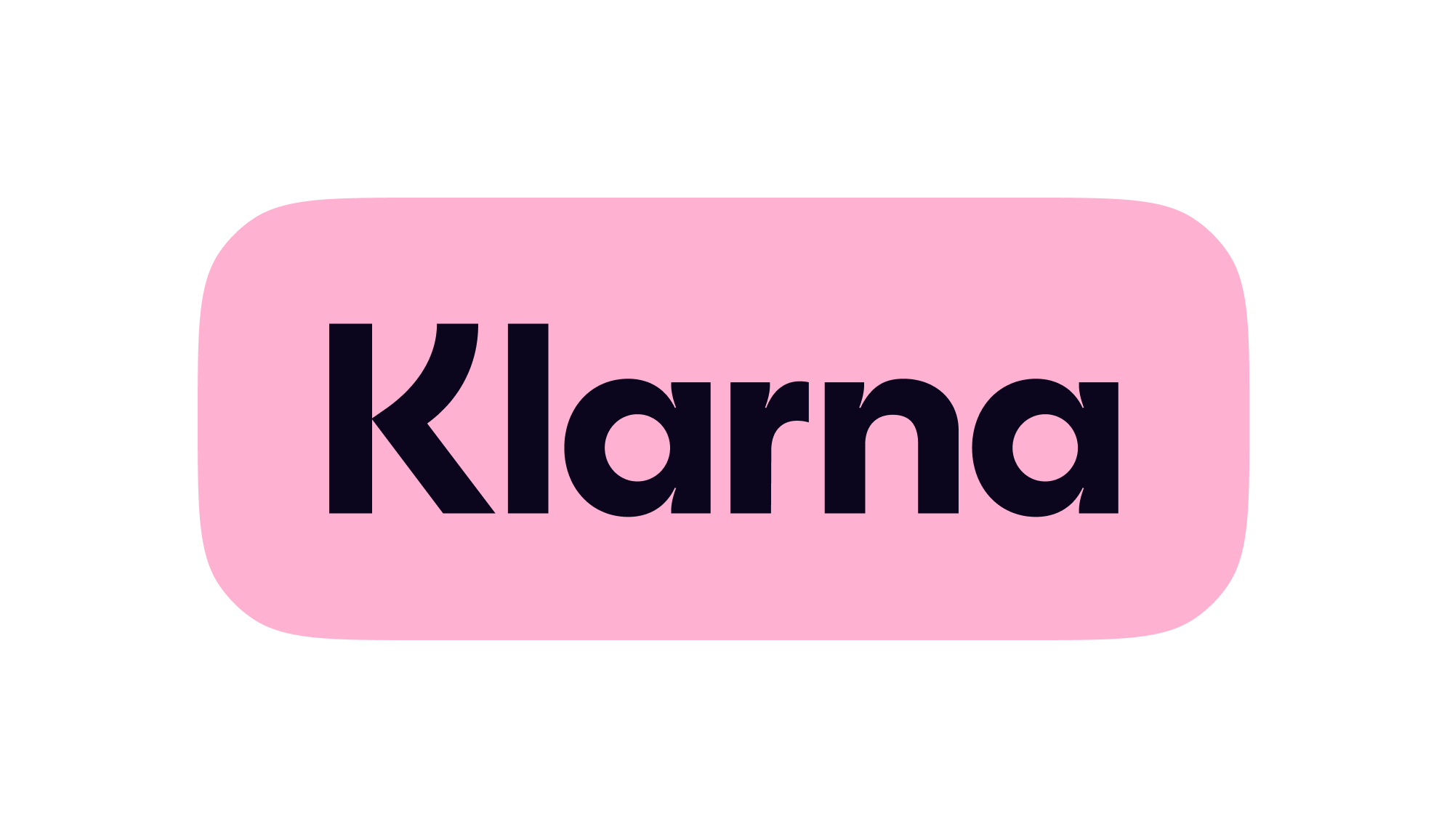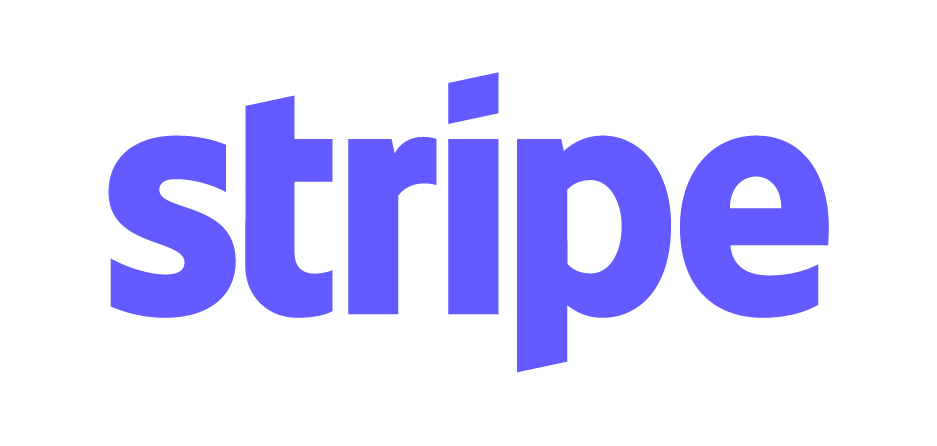Frequently Asked Questions About Finding a Botox Prescriber
Setting up an independent practice after aesthetic training can be challenging, albeit highly rewarding. One daunting aspect that new practitioners frequently encounter is finding a Botox prescriber.
Derma Institute has been providing answers to these challenges for several years, and here, we discuss these common questions in more detail in order to better inform our delegates regarding what are they permitted to do themselves, necessary qualifications, the choice of either becoming an independent prescriber or working with a local prescriber and how to find them.
Do I Need a Prescriber to Administer Botox Treatments?
Yes, you do. Botulinum toxin (including Botox, Azzalure, Bocouture, and other brands) is classified as a POM (prescription-only medicine), which means that only a suitably qualified prescriber can source it. This includes health professionals such as doctors, dentists, prescribing nurses, or pharmacists who have successfully trained in Botox administration.
According to GMC, NMC, and GDC, all clients must have a physical consultation face-to-face with their prescriber. Social media and other digital channels used for remote prescribing, such as FaceTime and Skype, are no longer allowed.
Do Dermal Fillers Require a Prescription?
No, they don’t. In the UK, dermal fillers are not classified as a POM but rather as “medical devices”, and according to the regulating body MHRA in 2020, there are currently no plans to change this classification.
This means that as a qualified injector, you can source dermal fillers directly from manufacturers’ sales reps or pharmacies. However, pharmacies may require you to provide copies of your training certificates and cosmetic indemnity insurance before you can order.
How do I go about finding a prescriber to work with?
Many of our delegates are concerned about this. However, finding a local prescriber to work with can be a lot easier than you imagine:
- Get in touch with medical colleagues or friends in your local vicinity. They may be able to provide prescriptions for you or help with recommendations of others who can.
- Take advantage of your social media pages and aesthetic Facebook groups to advertise your need for an aesthetic prescriber.
- Our training courses can also be quite beneficial for our delegates after which many prescribers and non-prescribers partner up to help each other out.
- Derma Institute also offers exclusive benefits to our delegates where we help to link them up with a Botox prescriber via our contacts. We also partner with a company that provides this service and are happy to give their details to our delegates upon completion of their training course.
Should I go for a V300 prescriber course? Is it worth it?
Health professionals such as nurses, midwives, and pharmacists can gain the right to prescribe when they complete the V300 course.
Many of our delegates want to know if it is a better option to undertake the V300 course themselves. We often answer that it is largely dependent on their unique situation. Becoming a prescriber certainly comes with many benefits, including saving you the cost of paying the prescriber fee.
Many universities in the UK offer the V300 course, which costs approximately £2,000 – £3,000, depending on the university. This part-time course usually lasts 8-12 months.
You would need to consider the cost and study time needed to decide whether or not this would suit your present circumstances. If it would not, then working alongside a qualified Botox prescriber is an easy and straightforward option that allows you to offer Botox treatments as you desire.
As far as we know, many of our delegates who are non-prescribing nurses have mostly been able to find a Prescriber within their locality and without having to do the V300 Prescribing qualification course.
An aesthetic practitioner needs to be well trained and competent and have indemnity, whether they’re only prescribing or equally giving Botox treatment.
A prescriber who is supporting another aesthetic practitioner by helping them to prescribe still needs to have received adequate aesthetic training to protect themselves should a legal claim arise.
This is because the prescriber is to be held accountable for the Botulinum toxin and the results for that patient, which makes it necessary for them to have knowledge of how to manage any complications should they arise.
Botox Training
Derma Institute, the UK’s top aesthetic training provider, offers accredited Botox training courses to health professionals nationwide.
Our aesthetic training courses take place in London and across the UK. We also offer these trainings internationally in Australia, UAE and Canada.
Contact us now if you would like to discuss your prescribing options or any other aspects of our training courses before booking.






